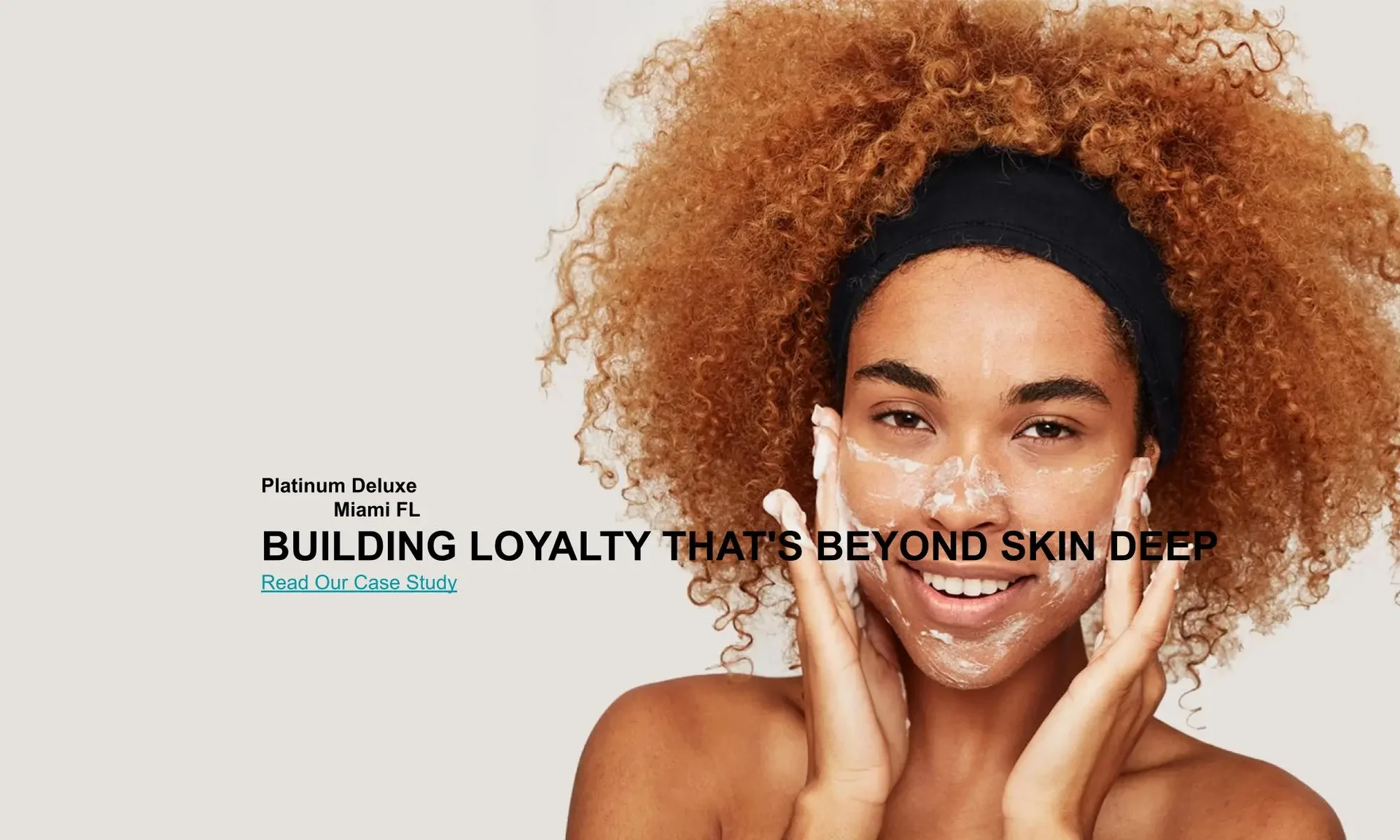
How To Choose The Best Moisturizer For Aging Skin-Platinum Deluxe
How To Choose The Best Moisturizer For Aging Skin-Platinum Deluxe
Moisturizing is a key ingredient for beautiful skin at any age, but it becomes even more important as we get older because the aging process can make our skin drier than before. As you get older, your body produces less natural oil in order to protect itself from over-hydration. So what's the best moisturizer for aging skin? There are plenty of options out there, but you may want to consider using one that has the following characteristics:
Cleanse your skin regularly.
Cleansing is the first step to keeping your skin clear and healthy. It removes dirt, oil, dead skin cells and other debris that can clog pores and lead to breakouts. To get the best results from your moisturizer, you’ll want to cleanse your face with a gentle cleanser twice daily: once in the morning before applying sunscreen or makeup and once before bedtime.
After cleansing it's important not to rub or scrub too hard as this can irritate already sensitive skin. Instead glide fingertips over face in circular motions for about 30 seconds each time until all traces of dirt are gone.
Don't leave your skin dry.
Keeping your skin hydrated is extremely important as you age. The best way to do this is by regularly applying a moisturizer, especially one that's right for your skin type. Moisturizers with sunscreen are also important because it helps prevent sun damage, which can lead to dryness and premature aging of the skin.
Choose a moisturizer with sunscreen.
-
Sunscreen is important for protecting your skin from aging. You want to make sure that the moisturizer you choose has sunscreen, and that it's applied at least 15 minutes before going outside.
-
Choose a moisturizer with an SPF of 30 or higher. This is the minimum recommended level of protection for aging skin, but if you can go higher than this, do it!
Consider your skin's needs when selecting your moisturizer.
The first step in choosing a moisturizer is to consider your skin's needs. If you have oily skin, for example, a heavy cream won't be the best choice because it could just make your face feel greasy and uncomfortable. Instead, try an oil-free or water-based moisturizer that will absorb into the skin quickly without leaving any residue behind.
On the other hand, if you have dry skin but don't want to use something too light or thin that might not provide adequate hydration, then opt for an emollient cream with higher levels of oils and butters such as coconut oil or shea butter.
If you have sensitive skin (which can range from mild irritation all the way up to severe allergic reactions), then look for products labeled "hypoallergenic." These will likely contain fewer ingredients overall than similar products intended for normal/combo use—and may even be free from fragrance altogether! Such products are also good choices if allergies run in your family (especially if allergies are common among males).
Read the label before you buy.
-
Read the label. Before you buy a moisturizer, check the ingredients list to see what's in it. Look for natural ingredients and products that are free of parabens and sulfates.
-
Get rid of fragrances in your moisturizer: fragrances can irritate sensitive skin and cause allergies, so try to find a product without any artificial fragrances added in.
-
Avoid dyes: many dyes are made from petrochemicals, which can be toxic to humans over time—especially if you have sensitive skin or spend an extended amount of time outside (like at the beach). Make sure your moisturizer doesn't contain any dyes or artificial coloring agents!
-
Watch out for mineral oil: mineral oil is used in many facial cleansers because it's easy to work with during manufacturing processes; however, this ingredient may also clog pores and cause breakouts if used too often by those with oily complexions.[1]
Moisturizing is a key ingredient for beautiful skin at any age, but it becomes even more important as we get older because the aging process can make our skin drier than before.
Moisturizing is a key ingredient for beautiful skin at any age, but it becomes even more important as we get older because the aging process can make our skin drier than before. Moisturizers help prevent wrinkles and other signs of aging while keeping your skin looking younger and healthier.
As you age, your skin naturally loses some of its natural oils and becomes drier. The best way to keep your skin moisturized is by using a daily moisturizer with SPF protection. In addition to preventing wrinkles and other signs of aging, moisturizers can help prevent sun damage that causes freckles, age spots and even skin cancer.
We hope we've helped you identify the best moisturizer for aging skin. If you're still not sure which one is right for your needs, don't worry! There are many more products available on the market than the ones we covered here. If one of these doesn't work out, keep trying until you find a product that does what it promises: improves your skin's look and feel while protecting it from harmful sun rays at the same time.




